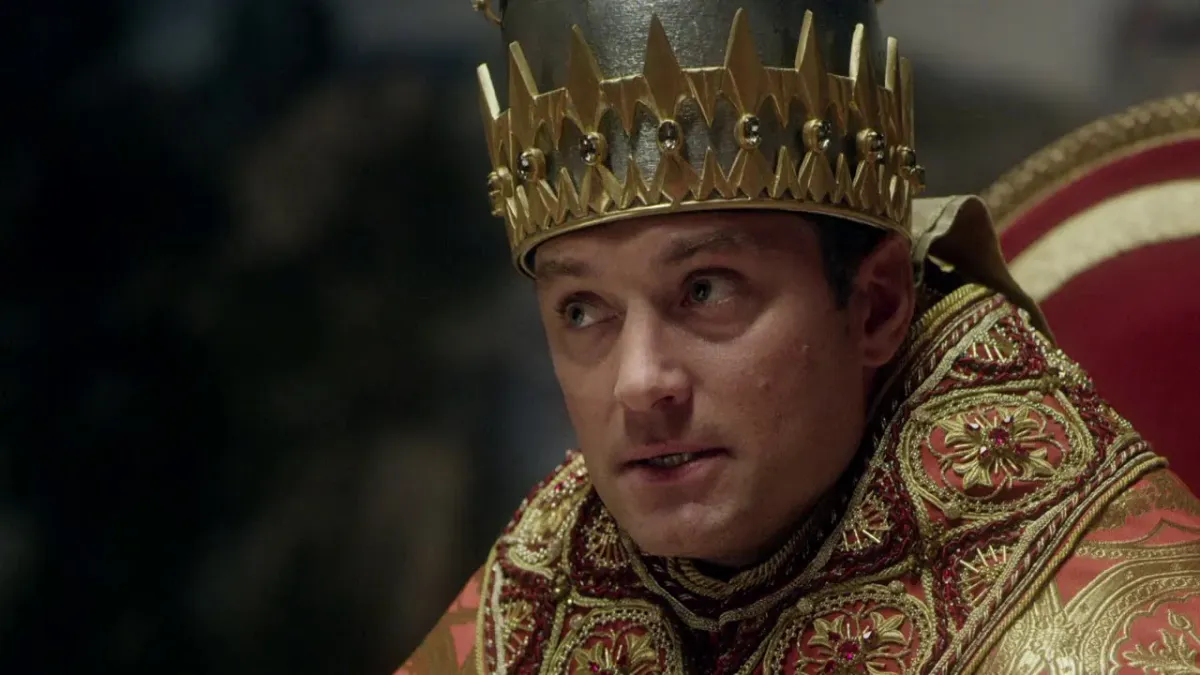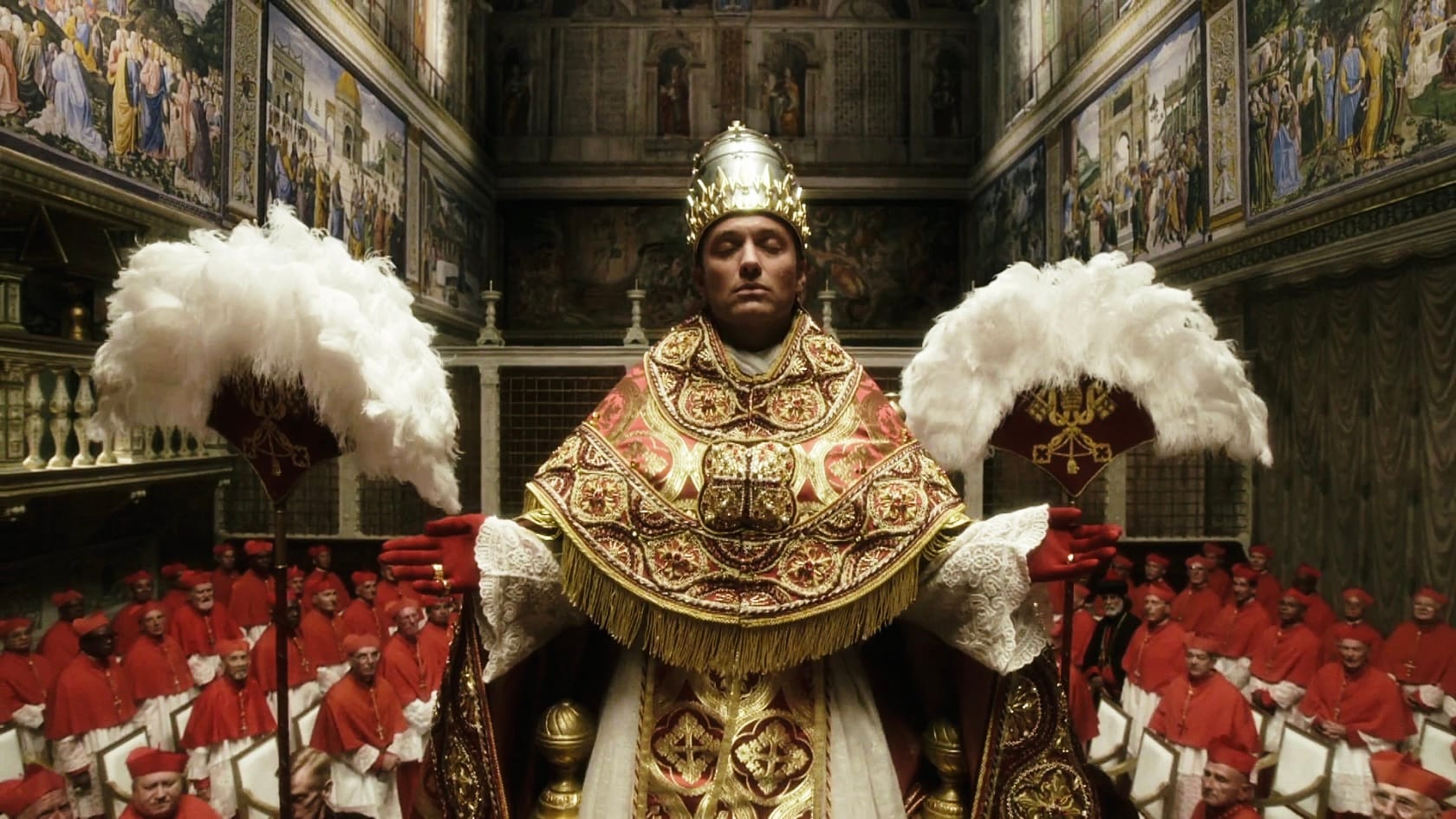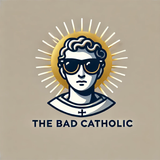A Church Only for the Few


HBO has a ton of great shows, The Sopranos arguably being the most well-known. However, while I loved The Sopranos, another show that’s a favorite of mine is The Young Pope.
In case you’re not familiar, The Young Pope is about, well, a young American named Lenny Belardo (played by Jude Law), who becomes pope when the leading contenders fail to get elected. Belardo (who takes the name Pius XIII) is installed as a compromise candidate, with many cardinals thinking that he would be an easy-to-control moderate.
However, what they got is one of the most conservative pontiffs in recent memory.
Once they realize their mistake, they scheme for ways to discredit him and force his resignation, but Pius XIII knows all of their tricks and thwarts every attempt to remove him.
In his first address to the cardinals, Pius XIII paints a vision for the Church, saying that it has to go back to being prohibited, inaccessible, and mysterious.
His plan is to make the Church more traditional and conservative, eschewing tolerance and ecumenicalism. Everything that's currently wide open will be closed.
He asks, “Could this mean a church only for the few?”
That’s a hypothesis.
I’d read that the makers of the show wanted to paint the Church as being too rigid and backwards; however, many Catholics who lean traditional or more conservative (including yours truly) loved this portrayal of Pius XIII and wished that someone like that were the head of the Church today.
It’s easy to see why they’d think that. In my opinion, the Church, since Vatican II, has been floundering. True, there are still over a billion Catholics in the world, but how many of them are cultural Catholics who don’t adhere to Church teachings?
In short, how many Catholics today are merely "part-time believers?"
A lot, apparently.
The Catholic Church is indeed the largest Christian Church on the planet, with over 1.5 billion members. However, the statistics are concerning.
You’re probably familiar with the study conducted by Pew Research that found that only one-third of Catholics believe in the Real Presence in the Eucharist.
Again, Pew Research says that 84% of U.S. Catholics say the Church should allow artificial birth control and IVF.
Finally, the National Catholic Register says that only a quarter of U.S. Catholics attend mass weekly.
Now factor in the number of bishops that seem more occupied with pandering to the times instead of upholding traditional values, and it’s easy to see that despite the numbers, the Church isn’t in great shape.
The Church has always been open and inviting. Anyone who wants to come in can do so easily, and that’s a good thing, right?
Yes and no.
Jesus came to release us from sin and open the gates of Heaven to us through his death and resurrection. His Church’s mission is to proclaim the Gospel to all and invite all to his table.
However, the Church is like a corporation, in a sense. And if you’ve ever worked in a corporate environment, you’ve probably noticed that there’s a handful of people who do the bulk of the work while the rest clock in and do as little as possible and still collect a paycheck.
Part-time believers.
There’s no doubt that there are a lot of faithful Catholics in the Church, but the statistics mentioned above prove that the bulk of the Church is made up of people who like being Catholic but aren’t really committed.
The Church benefits because these people keep the number of Catholics high, but as Pius XIII says, “You can’t measure love in numbers, you can only measure it in terms of intensity.”
I would argue that the corporation would be better off without the dead weight, and the same might be true for the Church.
If you’re disillusioned with how casual the Church has become with its liturgical practices and its seeming embrace of modernism, a Pope who wants to restore reverence, discipline, and the profound sense that God’s ways are not our ways would be a welcome change.
But, isn’t this too harsh? Don’t you risk alienating thousands of people?
I’d argue that desperate times call for desperate measures, and the Church has been impotent for a long while.
Of course, there are counterarguments to this approach. The first concern is that it could become an elite, private club, which would contradict its mission to welcome everyone into the Body of Christ.
Another cynical counterargument is that a smaller Church means less money coming in. True, you might have a majority of part-time believers, but if they’re still donating every week, well, that’s okay. Of course, that’s not benefiting those parishioners, many of whom could be on their way to hell, which is something the Church should want to prevent.
It does no good to preach the Gospel while trying to fit into modern culture and keep everyone happy.
It seems to me that the Church is doing a balancing act. Be just Catholic enough to keep the faithful, and not so Catholic that it alienates the cafeteria Catholics, who make up the majority of the Church.
I don’t think that’s good for anyone.
The Church has always been divisive because Jesus was divisive. People like to paint Jesus as a loving hippie-type figure, when in fact his teachings were extremely divisive to the religious elites and the people at the time.
Jesus was clear. You’re either all in or you’re out.
Harsh? Yes, but that's the way of the Cross.
Now, as of this writing, Pope Leo XIV is only about five months into his pontificate, and it’s difficult to see where he’s going to take the Church. To be fair, he’s got his work cut out for him, seeing all the damage that’s been done since Vatican II, and I pray the Holy Spirit gives him the fortitude to do what needs to be done and enough time in which to do it.
And I’m not saying he needs to go full Pius XIII, but leaning in that direction wouldn’t be a bad idea.
In The Young Pope, Pius XIII says, “When Jesus willingly mounted the cross, he was not making compromises.”
Neither should the Church.
Deus Vult!





